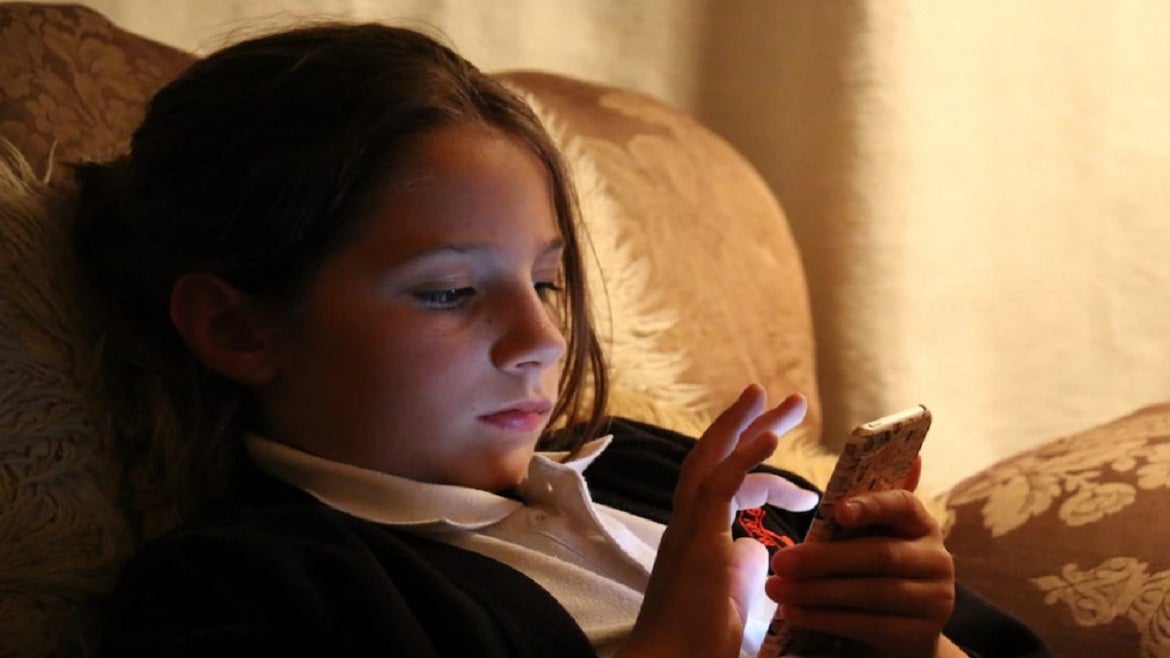Molly Russell, 14, "Died from an act of self-harm while suffering from depression and the negative effects of online content," a coroner has ruled.
Molly Russell, a 14-year-old girl who took her own life in 2017, died from depression and the "negative effects of online content," a coroner said Friday in court, following a two-week inquest into a death her family said was fueled by social media posts glorifying suicide
"It would not be safe to leave suicide as a conclusion,” coroner Andrew Walker said in London. The images of self-harm and suicide she binge-watched online "shouldn't have been available for a child to see," Walker concluded.
The case has generated international headlines as Molly's father, Ian Russell, waged a high-profile battle to force social media giants to take responsibility for disturbing content posted to their sites that can be seen by underage and impressionable young people.
Prince William, in unusual public comments for a royal family member, weighed in on Friday's ruling. "No parent should ever have to endure what Ian Russell and his family have been through," said the Prince of Wales, who met Ian Russell after his daughter's death.
"They have been so incredibly brave. Online safety for our children and young people needs to be a prerequisite, not an afterthought," the prince said on Twitter.
After the hearing, Molly's father said, "It's time to protect our innocent young people instead of allowing (social media platforms) platforms to prioritize their profits by monetizing the misery of children."
The teen had been an avid follower of Pinterest and Instagram, watching and interacting with posts focusing on suicide and depression, her family said they learned after her death.
“It is likely that the above material viewed by Molly, already suffering with a depressive illness and vulnerable due to her age, affected her in a negative way and contributed to her death in a more than minimal way,” the coroner testified Friday.
Two senior executives from Meta, the media giant that owns Instagram, and Pinterest, apologized for the content Molly was able to view. Both flew to Britain to testify.
Judson Hoffman of Pinterest acknowledged that at the time the teenager was using the site, it was not suitable for children.
After Molly died, her parents said Pinterest continued to send her messages with headlines including "new ideas for you in depression" that included ghoulish images.
Both social platforms issued statements Friday saying they have taken measures in the years since Molly's death to remove troubling posts. Pinterest said the site is "committed to making ongoing improvements to help ensure that the platform is safe for everyone and the coroner’s report will be considered with care."
Molly's father on Friday issued a plea to young people, begging them reach out when depression depends, rather than looking at social media posts that wallow in the darkness.
"At this point, I just want to say however dark it seems, there is always hope, and if you're struggling please speak to someone you trust, or one of the many wonderful support organizations, rather than engage with online content that may be harmful," he said.
"Please do what you can to live long and stay strong."






